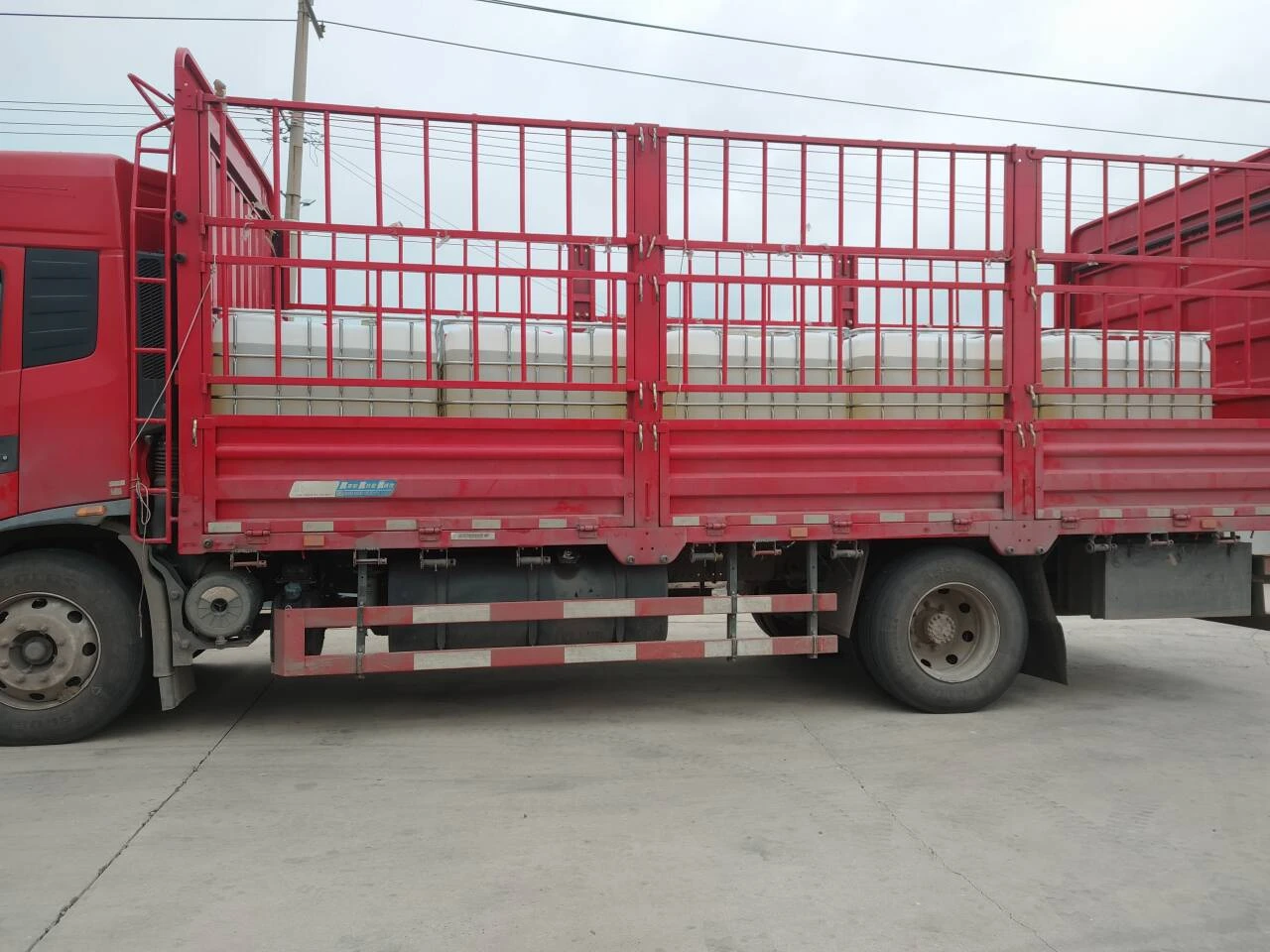The Evolution of API Drug Manufacturing Challenges and Innovations
Active Pharmaceutical Ingredients (APIs) serve as the therapeutic component in medicines, playing a crucial role in the efficacy of pharmaceutical products. The manufacturing of APIs is intricate, requiring a meticulous blend of chemistry, engineering, and regulatory compliance. With the ongoing advancements in technology and the increasing demand for pharmaceuticals worldwide, API drug manufacturing has been evolving rapidly. This article explores the challenges faced in this sector, the innovations that are shaping the future, and the impact of regulatory frameworks on ensuring quality and safety.
The Challenges in API Manufacturing
One of the primary challenges in API manufacturing is maintaining stringent regulatory compliance. The pharmaceutical industry is one of the most heavily regulated sectors globally. Regulatory bodies, such as the U.S. Food and Drug Administration (FDA) and the European Medicines Agency (EMA), impose rigorous standards that manufacturers must adhere to. Ensuring consistent quality while scaling production can be difficult, particularly for small and medium-sized enterprises (SMEs) that may lack the resources to meet these exhaustive requirements.
Another significant challenge is the management of production costs. The manufacturing process of APIs often involves complex and time-consuming chemical reactions, which can lead to high operational expenses. Factors such as raw material costs, labor, and energy prices can fluctuate dramatically, impacting overall profitability. Moreover, the need for advanced technologies and infrastructure necessitates substantial investment, making it challenging for many companies to enter or sustain operations in the API market.
In addition to regulatory and cost-related issues, environmental concerns are increasingly becoming a focal point. The chemical processes involved in API manufacturing can generate hazardous waste and emissions. Regulatory pressures to adhere to environmentally friendly practices are more stringent than ever, pushing manufacturers to adopt green chemistry principles. Balancing economic viability with sustainable practices is a significant hurdle that the industry must overcome.
Innovations Transforming API Manufacturing
Despite these challenges, the API manufacturing landscape is undergoing significant transformation thanks to technological innovations. One of the most prominent trends is the adoption of continuous manufacturing processes. This approach contrasts with traditional batch processing, where drugs are manufactured in large quantities at a time. Continuous manufacturing allows for real-time monitoring and control, reducing lead time and waste while enhancing efficiency. It also lends itself to a more agile production model, which can adapt to changing market demands more efficiently.
api drug manufacturing

Advancements in automation and artificial intelligence (AI) are also playing a critical role in revolutionizing API manufacturing. Automation can optimize production processes, minimizing human errors and increasing throughput. AI-driven analytics can enhance decision-making by predicting maintenance needs, identifying inefficiencies, and streamlining supply chain management. The use of these technologies not only boosts productivity but also improves the traceability and quality assurance of APIs.
Furthermore, the inception of innovative synthesis techniques, such as flow chemistry and biotechnological methods, is reshaping the way APIs are produced. Flow chemistry allows for more consistent product quality while reducing reaction times and waste rates. This method is particularly advantageous for the synthesis of complex molecules that are often challenging in traditional batch processes. On the other hand, biopharmaceuticals, derived from biological systems, are gaining traction and show promise in producing APIs for conventional and complex drugs alike.
Regulatory Frameworks and Quality Assurance
Navigating the regulatory landscape requires a proactive approach from API manufacturers. Understanding the requirements and maintaining compliance is crucial for securing market access. Companies must engage in thorough risk assessments and implement quality management systems that align with Good Manufacturing Practices (GMP).
As the industry adapts to innovations and evolving regulations, it remains essential for manufacturers to foster collaborative relationships with regulatory authorities. Such partnerships can facilitate a better understanding of regulatory expectations and promote compliance, ultimately ensuring that the API supply chain remains robust and capable of delivering safe, high-quality products to patients.
Conclusion
In conclusion, API drug manufacturing stands at the crossroads of opportunity and challenge. The combination of regulatory pressures, cost management, environmental considerations, and the rapid pace of technological advancement creates a dynamic environment that necessitates adaptability and foresight. By embracing innovation and adhering to stringent quality standards, the API manufacturing sector can provide essential contributions to global healthcare, ensuring the safe and effective delivery of medicines to patients worldwide. As the industry continues to evolve, the focus on sustainable practices and technological integration will undoubtedly shape the future of API manufacturing.

